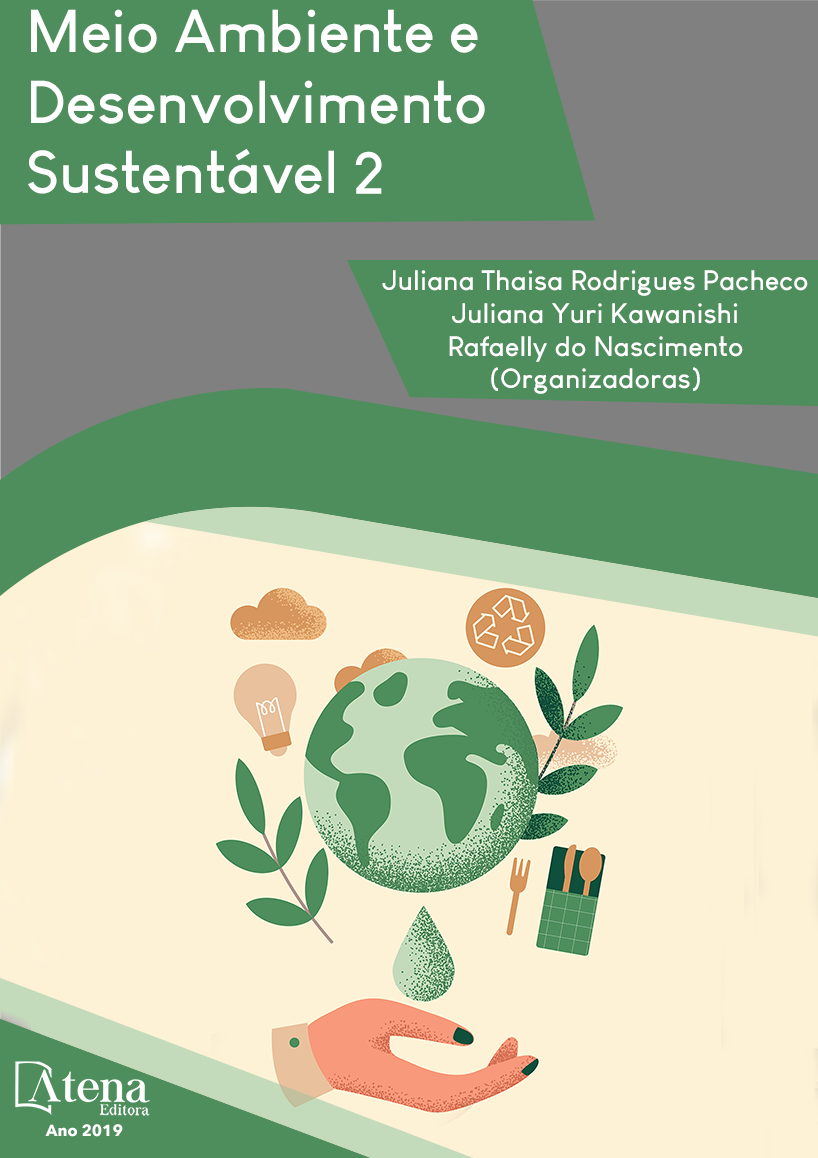
DESTINAÇÃO DOS RESÍDUOS DE CONSTRUÇÃO CIVIL – UM ESTUDO DE CASO EM CAÇAMBAS ESTACIONÁRIAS NO MUNICÍPIO DE TOLEDO/PR
Todo o aparato de materiais, serviços
e capital humano empregado na construção
civil, faz deste setor da economia um parâmetro
relevante quando analisado o seu impacto
ambiental frente ao meio urbano. Tendo como
marco inicial a extração dos recursos naturais e
elo final da cadeia a destinação dos Resíduos da
Construção Civil (RCC). Um dos agentes deste
sistema são as empresas que realizam a coleta
e destinação dos resíduos utilizando caçambas
estacionárias. Neste trabalho, buscou-se
através da investigação do conteúdo destas
caçambas, estabelecer parâmetros acerca da
gestão de resíduos da construção civil realizada
no município de Toledo/PR. A metodologia
aplicada foi um levantamento de dados relativos
ao tipo de materiais e quantidade descartada e
recolhida em obras do município e efetuada por
duas empresas de coleta. Realizando a analise
do material descartado e categorização, fonte
geradora e tipologia de obra. Posteriormente
realizou-se o levantamento das edificações
construídas regularmente neste período, de
modo a comparar com o descarte realizado. Os
resultados mostraram inconformidades e falhas
na disposição, transporte e destinação dos
RCD’s, bem como falta de controle dos órgãos
de fiscalização. O que permitiu concluir que há
uma grande gama de materiais de diferentes
classes misturados, o que diminui a possibilidade
de reciclagem ou reaproveitamento. Lançando
questionamentos acerca da gestão eficaz deste
tipo de resíduo no âmbito municipal com vista à
sustentabilidade do ambiente urbano local.
DESTINAÇÃO DOS RESÍDUOS DE CONSTRUÇÃO CIVIL – UM ESTUDO DE CASO EM CAÇAMBAS ESTACIONÁRIAS NO MUNICÍPIO DE TOLEDO/PR
-
DOI: 10.22533/at.ed.55019111130
-
Palavras-chave: Resíduos Sólidos;Gerenciamento dos Resíduos da Construção Civil; Destinação de Resíduos. Caçambas Estacionárias.
-
Keywords: Solid Waste; Waste Management in Construction; Disposal of Waste. Stationary Buckets.
-
Abstract:
The whole apparatus of materials, services and human capital used in
construction, makes this sector of the economy a relevant parameter when analyzing
its environmental impact against the urban environment. Having as initial mark the
extraction of natural resources and the end of the chain the destination of Construction
Waste (RCC). One of the agents of this system is the companies that carry out the
collection and disposal of waste using stationary buckets. In this work, we sought to
investigate the contents of this bucket, to find parameters about the waste management
of civil construction carried out in the municipality of Toledo / PR. The methodology
applied was a survey of data related to the type of materials and quantity discarded
and collected in works of the municipality and carried out by two collection companies.
Performing the analysis of the material discarded and categorization, generating source
and typology of work. Subsequently, the buildings constructed regularly in this period
were surveyed, in order to compare them with the disposal done. The results showed
disagreements and failures in the disposition, transportation and destination of the
RCDs, as well as lack of control of the inspection bodies. This has led to the conclusion
that there is a wide range of materials from different mixed classes, which reduces the
possibility of recycling or reuse. Launting questions about the effective management
of this type of waste in the municipal scope with a view to the sustainability of the local
urban environment.
-
Número de páginas: 18
- Adriana da Silva Tronco Johann
- Daliana Hisako Uemura Lima
- Dirceu Baumgartner
- Décio Lopes Cardoso
- Hildner de Lima


